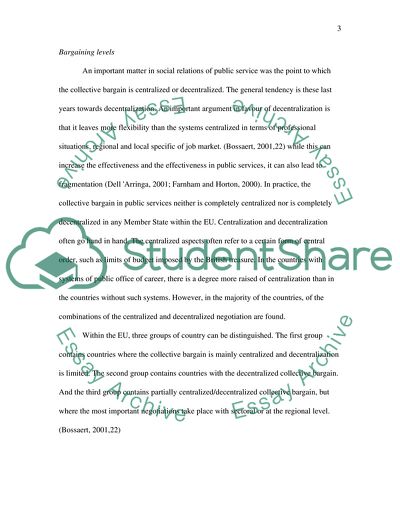Cite this document
(Employers and Collective Bargaining Case Study Example | Topics and Well Written Essays - 2750 words, n.d.)
Employers and Collective Bargaining Case Study Example | Topics and Well Written Essays - 2750 words. Retrieved from https://studentshare.org/human-resources/1718539-employers-collective-bargining
Employers and Collective Bargaining Case Study Example | Topics and Well Written Essays - 2750 words. Retrieved from https://studentshare.org/human-resources/1718539-employers-collective-bargining
(Employers and Collective Bargaining Case Study Example | Topics and Well Written Essays - 2750 Words)
Employers and Collective Bargaining Case Study Example | Topics and Well Written Essays - 2750 Words. https://studentshare.org/human-resources/1718539-employers-collective-bargining.
Employers and Collective Bargaining Case Study Example | Topics and Well Written Essays - 2750 Words. https://studentshare.org/human-resources/1718539-employers-collective-bargining.
“Employers and Collective Bargaining Case Study Example | Topics and Well Written Essays - 2750 Words”. https://studentshare.org/human-resources/1718539-employers-collective-bargining.


